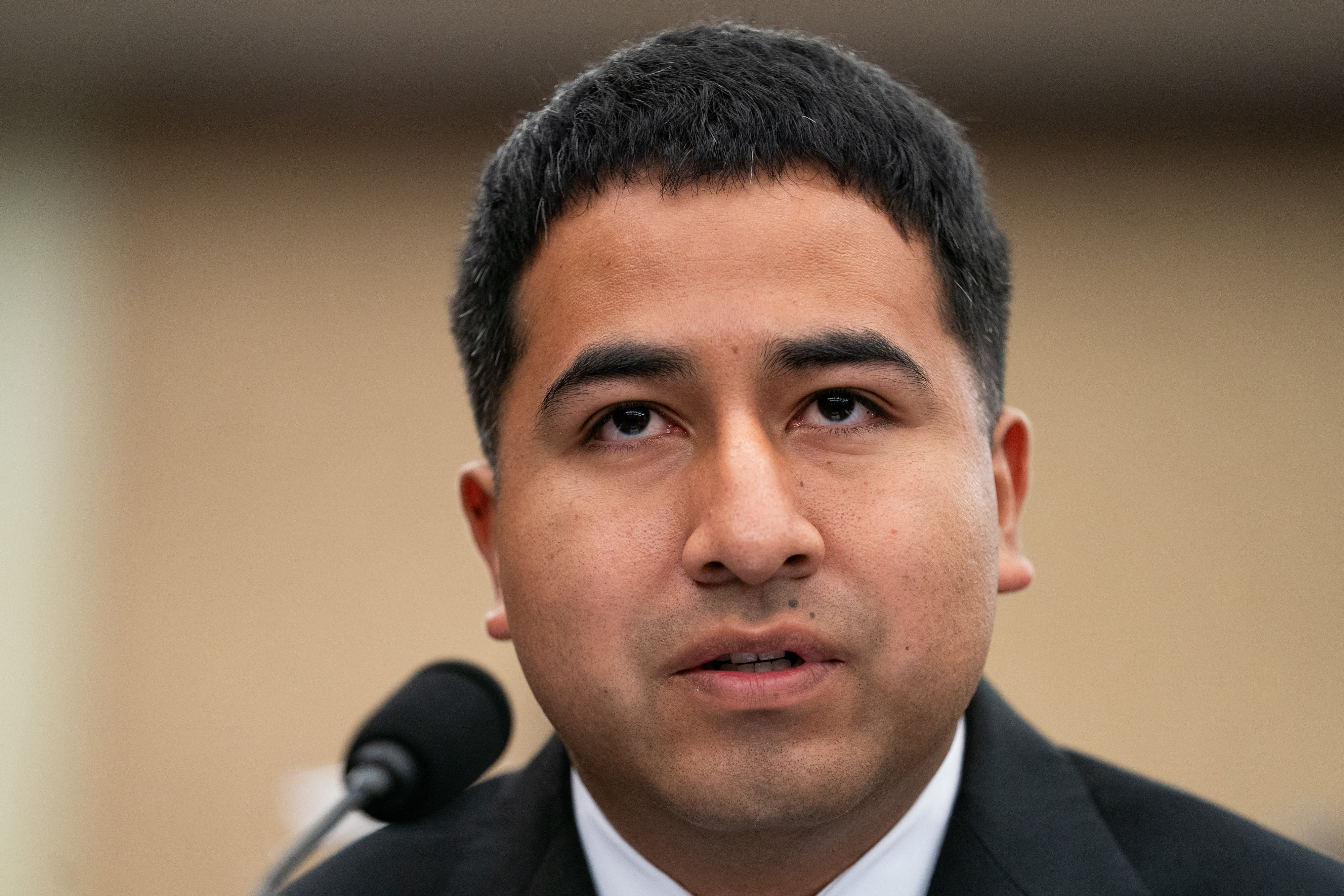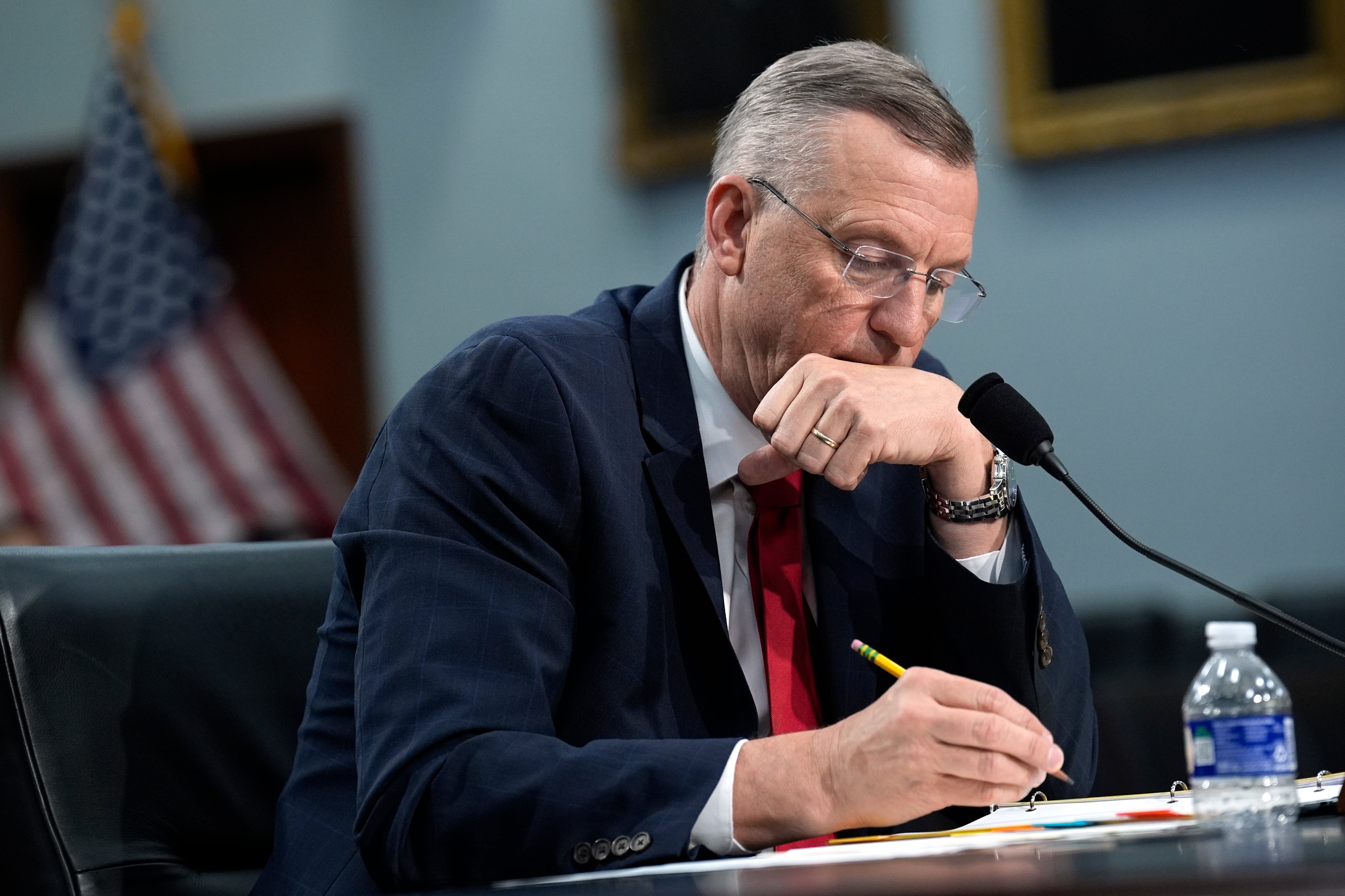President Obama on Wednesday confirmed plans to cap the military pay raise at 1.6 percent next year, a move which lawmakers and military advocates have already warned will hurt military families' personal finances.
In a letter to Congress, Obama invoked his executive powers to set the pay level at 0.5 percent below the expected increase in private sector wages, which would mark the fourth year in a row troops' pay hikes failed to keep pace with their civilian peers. The president called the move unfortunate but necessary.
"I am strongly committed to supporting our uniformed service members, who have made such great contributions to our nation over more than a decade of war," Obama wrote. "As our country continues to recover from serious economic conditions affecting the general welfare, however, we must maintain efforts to keep our nation on a sustainable fiscal course.
"This effort requires tough choices, especially in light of budget constraints."
The language is identical to the letter Obama sent to Congress in summer 2015, when he set the military pay raise for this year at 1.3 percent. If it stands, 2017 will mark the seventh consecutive year of military pay hikes below 2 percent.
The president's move is not a surprise, since the White House and Pentagon have been advocating for the 1.6 percent mark since February to preserve funding for other modernization and training priorities. The lower-than-expected raise will save more than $300 million in fiscal 2017 alone, and more than $2.2 billion over the next five years.
And Obama's move does not fully settle the issue of what military pay will be next year. Lawmakers are still fighting over defense funding and authorizations, and could find ways to override his decision.
But that appears increasingly unlikely, with the House and Senate defense panels divided over where the extra spending would come from and what other programs would see resulting cuts.
House Republicans have advocated using temporary war funds to pay for a larger, 2.1 percent pay raise, but Senate leaders have all but rejected that idea.
A 1.6 percent pay increase amounts to a $400 yearly pay boost for most junior enlisted troops and up to $1,500 more in annual pay for mid-career officers. The larger 2.1 percent pay raise would add about $150 a year more than the 1.6 percent amount for most junior enlisted and about $350 annually for mid-career officers.
Outside advocates have argued that years of lower-than-expected pay hikes are slowly harming troops’ finances, giving them less purchasing power and a smaller spending safety net. But Pentagon officials note that troops are still seeing consistent growth in their pay, and would be harmed by significant equipment and training shortfalls.
The new pay raise will go into effect on Jan. 1. Congress is scheduled to return to Capitol Hill and resume debate on the defense funding measures on Sept. 6. Follow @LeoShane
Leo Shane III covers Congress, Veterans Affairs and the White House for Military Times. He can be reached at lshane@militarytimes.com.
Leo covers Congress, Veterans Affairs and the White House for Military Times. He has covered Washington, D.C. since 2004, focusing on military personnel and veterans policies. His work has earned numerous honors, including a 2009 Polk award, a 2010 National Headliner Award, the IAVA Leadership in Journalism award and the VFW News Media award.





